Dental hygiene rules are essential for maintaining oral health and preventing dental problems. A good oral hygiene routine, including brushing your teeth twice a day, using dental floss, eating a balanced diet, and visiting your dentist regularly, can help keep your teeth and gums healthy.
Neglecting dental hygiene can lead to tooth decay, gum disease, and other oral health issues that can be painful and costly to treat. By following these dental hygiene rules, you can ensure a healthy smile and avoid unnecessary dental complications.
Rule 1: Brush Your Teeth Twice Daily
Good dental hygiene is essential for maintaining a sparkling smile. One of the most important rules is to brush your teeth twice daily. This helps to remove plaque and prevent tooth decay and gum disease. Make sure to use a soft-bristle toothbrush and a fluoride toothpaste. Clean all the surfaces of your teeth, including the front, back, and chewing surfaces. Don’t forget to gently brush your tongue to remove bacteria and freshen your breath.
Another important rule for good dental hygiene is to replace your toothb
Dental Hygiene Rules
rush every three to four months, or sooner if the bristles become frayed. This ensures that you are using an effective toothbrush that can properly clean your teeth. Additionally, flossing daily is crucial for removing plaque and food debris from between your teeth. Remember to clean between each tooth and along the gumline.
| Rule 1: Brush Your Teeth Twice Daily |
|---|
| Brush your teeth twice daily |
| – Use a soft-bristle toothbrush and fluoride toothpaste |
| – Clean all surfaces of teeth, including tongue |
| Replace your toothbrush every 3-4 months |
| Floss daily to remove plaque and debris between teeth |
* Choose The Right Toothbrush
When it comes to dental hygiene, choosing the right toothbrush is crucial. Soft-bristled brushes are often recommended by dentists for gentle and effective cleaning. These brushes are gentler on the gums and help prevent damage to the tooth enamel.
Avoid using medium or hard-bristled brushes as they can be harsh on the gums and may cause irritation or even recede the gumline. Opting for a toothbrush with a smaller head can help reach all areas of the mouth and ensure a thorough clean.
Remember to replace your toothbrush every three to four months, or sooner if the bristles become frayed. Regular check-ups with your dentist and proper brushing technique will contribute to maintaining excellent dental hygiene.
* Select The Appropriate Toothpaste
Select the appropriate toothpaste: Opt for fluoride-based toothpaste for effective cleaning. Fluoride is a key ingredient that helps to strengthen the tooth enamel and protect against tooth decay. Look for toothpaste labels that highlight the presence of fluoride. Choosing a toothpaste that suits your dental needs is crucial in maintaining good oral hygiene. Whether you’re dealing with sensitivity, gum problems, or specific dental concerns, there are a variety of toothpaste options available in the market.

Credit: issuu.com
* Brush In Circular Motions
When it comes to dental hygiene, brushing in circular motions is essential. This technique helps ensure thorough cleaning to remove plaque effectively. By making circular motions with your toothbrush, you can reach all areas of your teeth and gums, including those hard-to-reach spots.
Rule 2: Floss Daily For Superior Oral Health
Proper dental care goes beyond brushing alone. Flossing is an essential practice to maintain optimal oral health. By flossing daily, you can effectively remove plaque and food particles from areas that a toothbrush cannot reach, reducing the risk of cavities, gum disease, and bad breath.
To maximize the benefits of flossing, it’s important to master the use of power words that promote superior dental hygiene. Here are a few key phrases to keep in mind:
| “Gentle yet thorough” | – Adopt a gentle approach while thoroughly maneuvering the floss between your teeth to avoid hurting sensitive gums. |
| “Firm but not forceful” | – Apply enough pressure to effectively remove plaque, but be careful not to snap or damage the gum tissue. |
| “Cover all surfaces” | – Ensure that you floss both sides of each tooth, moving it in a C-shape to clean near the gumline. |
| “Follow a consistent routine” | – Make flossing a daily habit, preferably before brushing your teeth, to establish a solid oral hygiene routine. |
By incorporating these power words into your flossing technique, you can achieve a higher level of oral cleanliness and maintain superior dental health.
* Choose The Right Flossing Technique
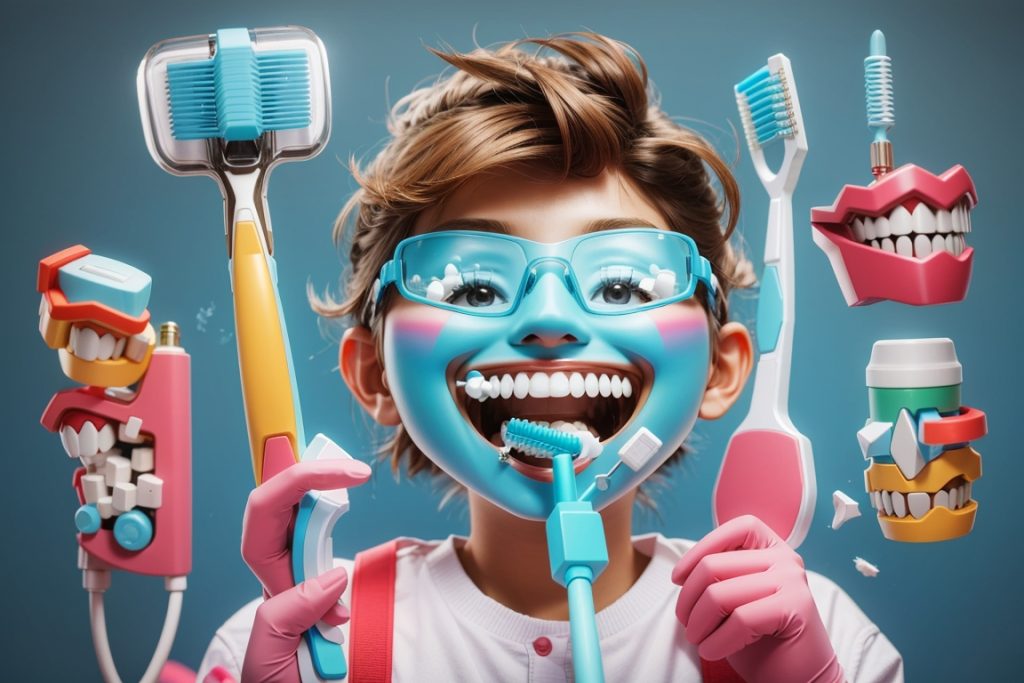 Choose the right flossing technique: Learning the correct method for effective cleaning is crucial in maintaining good dental hygiene. Flossing helps to remove plaque and food particles that brushing alone cannot reach. To ensure optimal results, follow these steps:
Choose the right flossing technique: Learning the correct method for effective cleaning is crucial in maintaining good dental hygiene. Flossing helps to remove plaque and food particles that brushing alone cannot reach. To ensure optimal results, follow these steps:
- Start with a piece of floss about 18 inches long.
- Wrap the floss around your fingers, leaving a few inches to work with.
- Gently slide the floss between your teeth, using a back-and-forth motion.
- Curve the floss around each tooth, making sure to go beneath the gumline.
- Move to a clean section of floss as you progress through your mouth.
- Remember to floss both sides of each tooth.
- Finish by rinsing your mouth with water or mouthwash.
By mastering the correct flossing technique, you can enhance your oral hygiene routine and maintain a healthy smile. Regular flossing, combined with brushing and regular dental check-ups, will contribute to your overall dental health.
* Incorporate Flossing Into Your Daily Routine
One of the most important dental hygiene rules is to incorporate flossing into your daily routine. Flossing is a crucial step in maintaining good oral health as it helps remove plaque and bacteria from areas that a toothbrush cannot reach. By making flossing a habit, you can ensure long-term benefits for your teeth and gums.
* Pay Attention To Hard-to-reach Areas
Pay attention to hard-to-reach areas. Focus on cleaning between teeth and along the gumline.
Proper dental hygiene involves more than just brushing your teeth. It is important to pay attention to those hard-to-reach areas where plaque and food particles tend to accumulate.
Cleaning between your teeth is crucial as it removes plaque and debris that your toothbrush may not reach. This can be done using dental floss, interdental brushes, or water flossers.
Another area that requires special attention is along the gumline. Plaque buildup in this area can lead to gum disease and tooth decay. Use a soft-bristled toothbrush and a gentle circular motion to clean along the gumline.
Remember to take your time and thoroughly clean all surfaces of your teeth. Regular dental check-ups and professional cleanings are also essential for maintaining good oral hygiene. By focusing on these important areas, you can help prevent dental problems and keep your smile healthy and bright.
Rule 3: Watch Your Diet For Healthy Teeth And Gums
When it comes to maintaining good oral health, watching your diet is an important rule to follow. What you eat and drink can have a significant impact on your teeth and gums. By including power words in your diet, you can promote oral health and keep your smile bright.
Foods rich in calcium such as milk, cheese, and yogurt help strengthen teeth and jawbones. Vitamin C found in citrus fruits, strawberries, and peppers boosts collagen production, promoting healthy gums. Fiber-rich foods like apples and carrots increase saliva production, which helps in cleaning the mouth. Green tea, containing catechins, has antimicrobial properties that can reduce oral bacteria. And don’t forget to include water as it not only keeps you hydrated but also helps wash away food particles and bacteria.
Avoid or limit sugary and acidic foods and drinks as they can damage tooth enamel. Carbonated beverages and fruit juices should also be consumed in moderation as they can lead to tooth decay. Remember, a balanced diet that includes plenty of fruits, vegetables, and whole grains is crucial for overall oral health.
* Limit Sugar Consumption
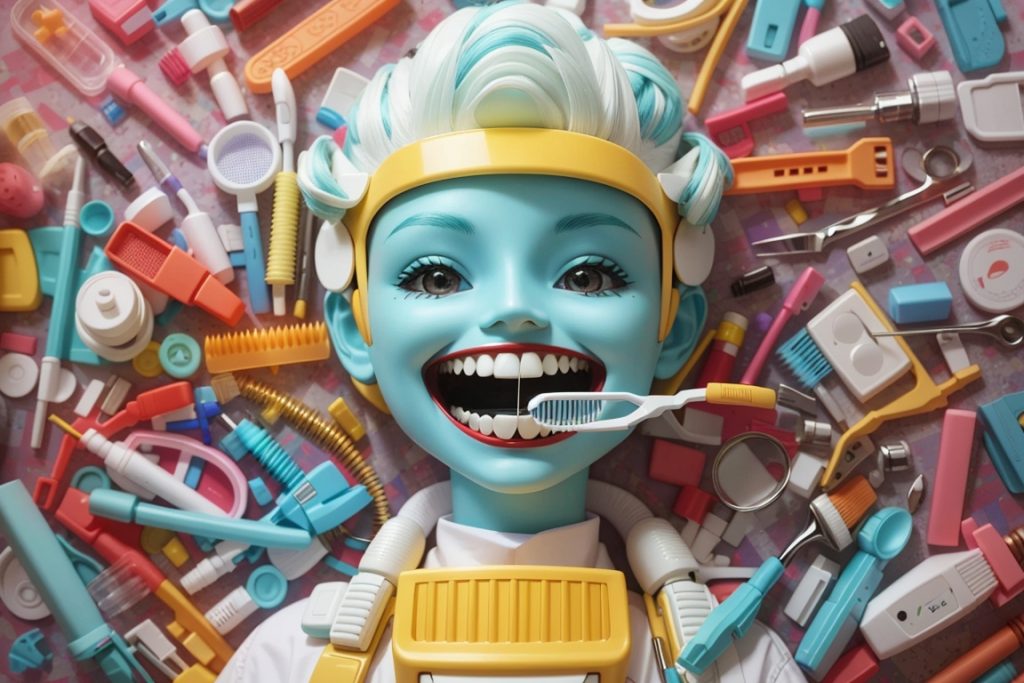
When it comes to dental hygiene, one of the most important rules to follow is to limit sugar consumption. Minimizing the risk of tooth decay and cavities is crucial for maintaining a healthy smile. Consuming excessive amounts of sugar provides food for harmful bacteria in the mouth, leading to plaque formation and acid production. This acid, in turn, erodes the tooth enamel and causes cavities.
By reducing sugar intake, you can significantly reduce the chances of developing tooth decay. Replace sugary snacks and beverages with healthier alternatives like fruits, vegetables, and water. Additionally, practice good oral hygiene habits such as brushing your teeth at least twice a day and flossing daily. Regular dental check-ups and cleanings are also essential for maintaining optimal dental health.
Remember, limiting sugar consumption is just one of the many steps you can take to promote good dental hygiene. By following these simple rules, you can protect your teeth and enjoy a beautiful and healthy smile for years to come.
* Include Teeth-friendly Foods In Your Diet
One of the most important aspects of maintaining good dental hygiene is to incorporate teeth-friendly foods into your diet. These foods not only provide the necessary nutrients for healthy teeth and gums but also help in preventing dental problems.
Calcium is integral for strong teeth and bones. By incorporating calcium-rich foods, you can promote the overall health of your teeth. Some excellent sources of calcium include dairy products like milk, cheese, and yogurt, as well as leafy greens like kale and spinach. Additionally, consuming foods fortified with calcium, such as fortified orange juice or tofu, can also be beneficial.
Remember, a balanced diet that includes a variety of teeth-friendly foods, along with regular brushing, flossing, and dental check-ups, is essential for maintaining optimal dental hygiene and a healthy smile.
* Avoid Acidic Beverages And Snacks
When it comes to dental hygiene, it is important to be mindful of the beverages and snacks we consume. Acidic drinks such as soda, energy drinks, and citrus juices can erode tooth enamel over time, leading to tooth sensitivity and decay. Similarly, snacking on acidic foods like citrus fruits, tomatoes, and pickles can also contribute to enamel damage. To protect tooth enamel from erosion and damage, it is recommended to limit the consumption of acidic beverages and snacks. Additionally, it is advisable to rinse the mouth with water after consuming acidic foods and drinks to neutralize the acid and minimize its contact with the teeth. Maintaining a balanced diet, brushing twice a day with fluoride toothpaste, and visiting the dentist regularly are also important steps in maintaining good dental hygiene and preserving tooth enamel.
Rule 4: Schedule Regular Dental Check-ups And Cleanings
Regular dental check-ups and cleanings are an essential part of maintaining good dental hygiene. These visits to the dentist not only ensure that your teeth and gums are in good health, but they also help prevent any potential dental issues from becoming bigger problems. It is recommended to schedule dental check-ups every six months, although this may vary depending on individual needs. During these visits, the dentist will conduct a thorough examination of your teeth and gums, looking for any signs of decay, cavities, gum disease, or other oral health issues. They will also perform professional cleanings to remove plaque and tartar buildup, which cannot be effectively removed through regular brushing and flossing.
Scheduling regular dental check-ups and cleanings can help you maintain a healthy smile and prevent dental problems in the future. By staying proactive with your dental care, you can enjoy strong, white, and cavity-free teeth for years to come.
* Understand The Importance Of Routine Check-ups
The importance of routine check-ups for dental hygiene cannot be emphasized enough. Regular visits to a dental professional are crucial to maintaining optimal oral health and preventing potential problems from arising. During these check-ups, individuals receive professional assessment and preventive care that can help identify any issues early on and address them before they worsen. The dental professional will thoroughly examine the teeth and gums, looking for signs of infection, cavities, or gum disease. They may also perform a dental cleaning to remove plaque and tartar buildup, which can contribute to tooth decay and gum problems. In addition, routine check-ups provide an opportunity for the dentist to educate patients on proper oral hygiene practices and offer personalized advice for maintaining a healthy smile. By prioritizing routine check-ups, individuals can safeguard their dental health and prevent more costly and invasive treatments down the line.
* Get Regular Dental Cleanings
Regular dental cleanings are an essential part of maintaining good dental hygiene. By scheduling these appointments, you can ensure that your teeth and gums stay healthy and prevent potential oral health problems in the future.
Regular dental cleanings are essential for maintaining good oral hygiene. Removing plaque and tartar buildup is crucial in order to achieve a healthier smile. Plaque is a sticky, colorless film that forms on the teeth and contains bacteria. If not removed, it can harden and turn into tartar, which can lead to gum disease, cavities, and other dental problems. Dental cleanings performed by a licensed hygienist help to remove these harmful substances, ensuring that your teeth and gums stay healthy. During the cleaning process, the hygienist will use special tools to carefully scrape away plaque and tartar from the surfaces of your teeth, including those hard-to-reach areas. They will also polish your teeth to remove any stains and provide a thorough flossing to remove plaque and debris between your teeth. Regular dental cleanings are typically recommended at least every six months, but your dentist may suggest a different frequency depending on your specific needs. Make sure to schedule your next cleaning appointment and keep your smile in top shape!
* Address Oral Health Issues Promptly
Proper dental hygiene is essential for maintaining a healthy smile and preventing oral health issues. By addressing oral health issues promptly, you can prevent potential complications through early detection.
Brushing your teeth: Brush your teeth at least twice a day using a fluoride toothpaste. Ensure that you brush all surfaces of your teeth and replace your toothbrush every three to four months.
Flossing daily: Flossing helps remove plaque and food particles from between your teeth and along the gumline. Make sure to floss gently to avoid injuring your gums.
Regular dental check-ups: Visit your dentist every six months for a professional cleaning and comprehensive examination. This helps identify any potential issues early on and allows for timely treatment.
Watch your diet: Limit sugary and acidic foods and drinks, as they can contribute to tooth decay. Instead, opt for a balanced diet rich in fruits, vegetables, and whole grains.
Quit tobacco use: Smoking and using other tobacco products can lead to gum disease, tooth loss, and oral cancer. Quitting tobacco is crucial for a healthy mouth and overall well-being.
| Tips for Dental Hygiene | Benefits |
|---|---|
| Use a soft-bristled toothbrush. | Gentle on teeth and gums, reducing the risk of damage. |
| Use fluoride mouthwash. | Strengthens tooth enamel and helps fight against cavities. |
| Avoid excessive teeth grinding or clenching. | Prevents tooth wear and damage to the jaw joint. |
| Stay hydrated. | Drinking water helps maintain saliva flow, which protects teeth against decay. |
By following these dental hygiene rules, you can maintain optimal oral health and enjoy a brighter, healthier smile for years to come.
Rule 5: Adopt Additional Dental Hygiene Practices
 Rule 5 of dental hygiene is to adopt additional dental hygiene practices to ensure a sparkling smile. Mastering these power words can help you achieve optimal oral health:
Rule 5 of dental hygiene is to adopt additional dental hygiene practices to ensure a sparkling smile. Mastering these power words can help you achieve optimal oral health:
- Brushing Techniques: Using the right technique while brushing your teeth can make a significant difference. Ensure you brush all surfaces of your teeth, including the back and tongue.
- Flossing: Regular flossing is crucial in removing plaque and food particles between teeth. Remember to floss gently and reach all the way into the gumline.
- Tongue Cleaning: Don’t forget to clean your tongue as well. Use a tongue scraper or your toothbrush to gently remove bacteria and debris.
- Mouthwash: Rinse your mouth with antimicrobial mouthwash to kill bacteria that brushing and flossing may have missed.
By incorporating these practices into your daily routine, you can maintain good dental hygiene and enjoy a radiant smile. Remember to visit your dentist regularly for professional cleanings and check-ups.
* Use Mouthwash For Added Freshness
Use mouthwash for added freshness
Supplement your dental routine with mouthwash to enhance your oral hygiene. Mouthwash plays a vital role in maintaining a healthy mouth as it reaches areas where your toothbrush and floss may miss. Apart from refreshing your breath, it helps fight bacteria and reduces the risk of gum disease. When choosing a mouthwash, opt for one that contains fluoride to strengthen your tooth enamel. To maximize its effectiveness, use mouthwash after brushing and flossing, ensuring it reaches all areas of your mouth. Swish it around for at least 30 seconds before spitting it out. Regular use of mouthwash, along with regular brushing and flossing, will contribute to a clean and healthy smile.
* Consider Using A Tongue Scraper
Good oral hygiene is crucial for maintaining healthy teeth and gums. Adopting a regular dental routine can help prevent oral health issues in the long run. Consider incorporating a tongue scraper into your daily oral care regimen. Tongue scraping can help remove bacteria and food particles that accumulate on the tongue, leading to fresher breath and improved oral hygiene. Be sure to gently scrape the surface of your tongue from back to front to effectively remove debris. Along with brushing and flossing, using a tongue scraper can promote better overall oral health, reduce plaque buildup, and minimize the risk of gum disease. Remember to replace your tongue scraper every three to four months to maintain optimal hygiene. Taking these simple steps can make a big difference in your dental health.
* Maintain A Healthy Lifestyle For Overall Oral Health
Regular dental hygiene is essential for maintaining good oral health. Along with your daily oral care routine, it is important to adopt a healthy lifestyle to promote overall oral health.
Exercise plays a crucial role in oral health as it improves blood circulation, including to the gums and teeth. It helps reduce inflammation and strengthens the immune system, which can prevent oral infections.
Managing stress is also important for oral health. Chronic stress can lead to teeth grinding, jaw clenching, and an increased risk of gum disease. Practicing stress management techniques like meditation or exercise can help maintain a healthy mouth.
Avoiding harmful habits like smoking, excessive alcohol consumption, and nail biting is crucial for oral health. Smoking contributes to tooth discoloration, gum disease, and oral cancer. Alcohol can dry out the mouth and increase the risk of gum disease. Nail biting can damage the teeth and increase the risk of infection.
Frequently Asked Questions On Dental Hygiene Rules
What Is A Code Of Ethics Dental Hygiene?
A code of ethics in dental hygiene is a set of principles and guidelines that dental hygienists follow to ensure ethical behavior and patient care. It outlines professional standards, responsibilities, and values that dental hygienists uphold in their practice.
What Duties Can A Dental Hygienist Legally Perform In Texas?
A dental hygienist in Texas can perform various duties legally, including teeth cleanings, applying fluoride treatments, taking dental x-rays, and educating patients on oral health care.
Can A Hygienist Work Without A Dentist In The Office In Texas?
Yes, a hygienist can work without a dentist in the office in Texas.
What Is The Rule 115.2 In Texas?
Rule 115. 2 in Texas refers to the criteria for granting a new trial. It states that a new trial may be granted if there is new evidence that could not have been discovered before and could have affected the outcome of the case, or if there was an error in the trial that was significant enough to influence the decision.
Conclusion
Following these dental hygiene rules is crucial for maintaining oral health. By brushing twice a day, flossing daily, using mouthwash, visiting the dentist regularly, and making healthy lifestyle choices, you can prevent dental issues and keep your smile bright. Remember, a little effort in oral care goes a long way in ensuring a lifetime of healthy teeth and gums.
Prioritize your dental hygiene today and enjoy the benefits of a confident and beautiful smile.

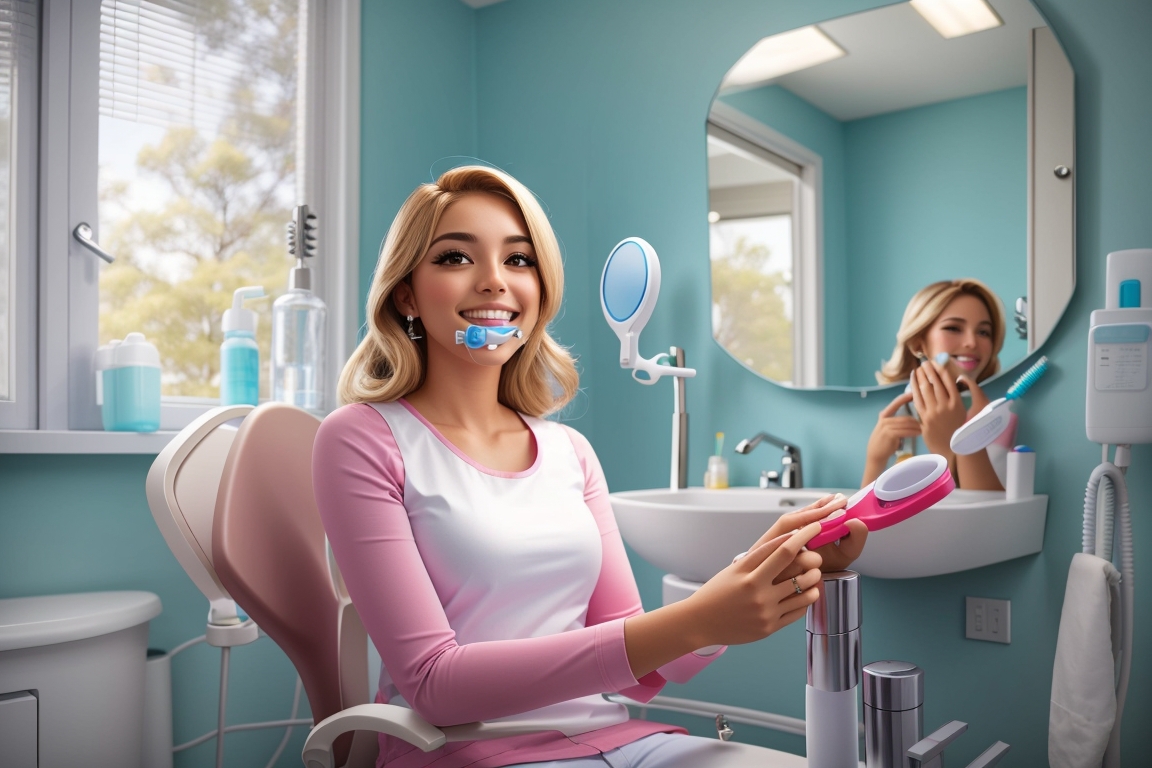

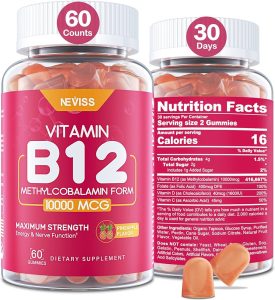
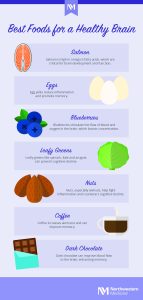


Be First to Comment